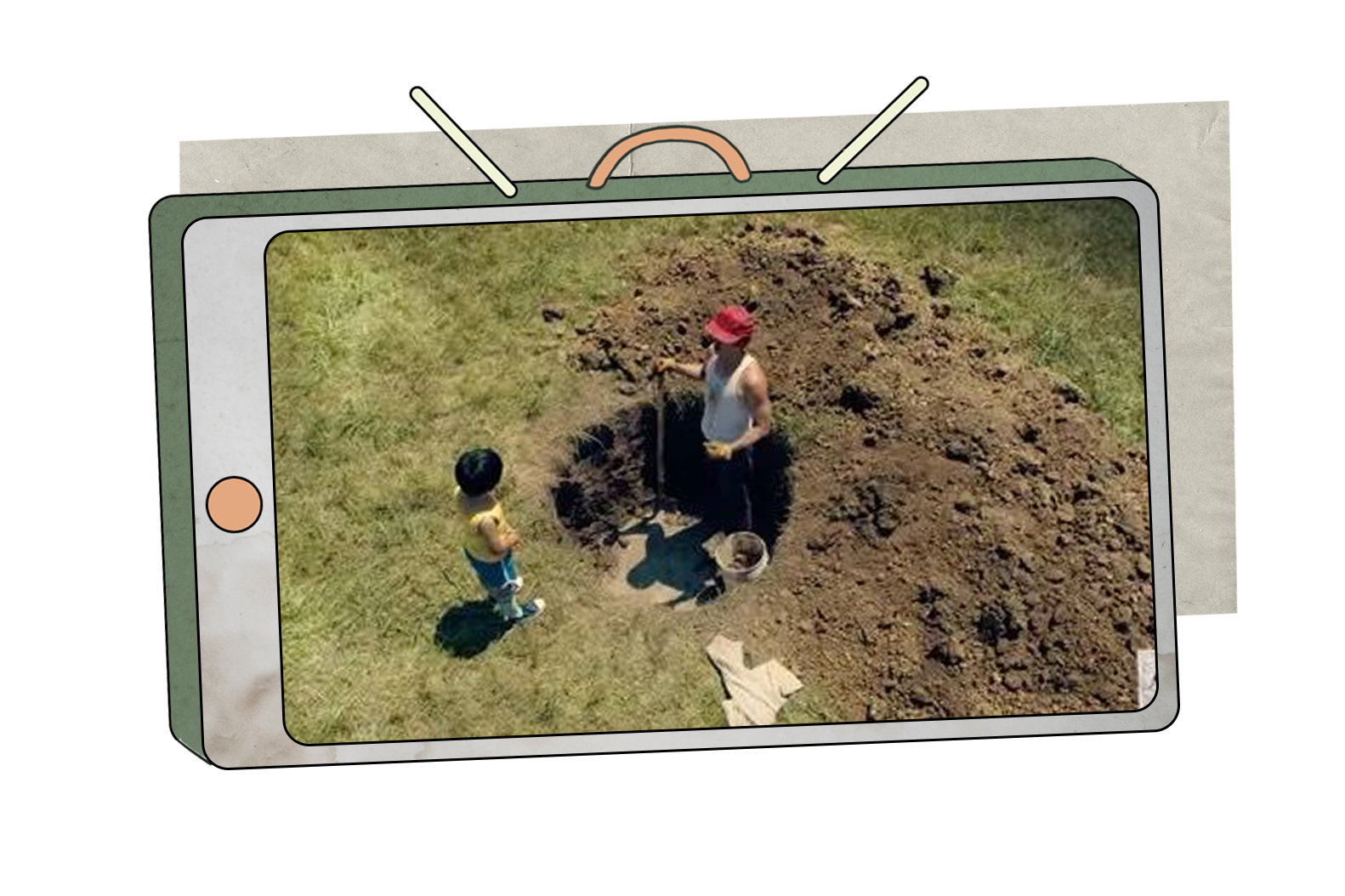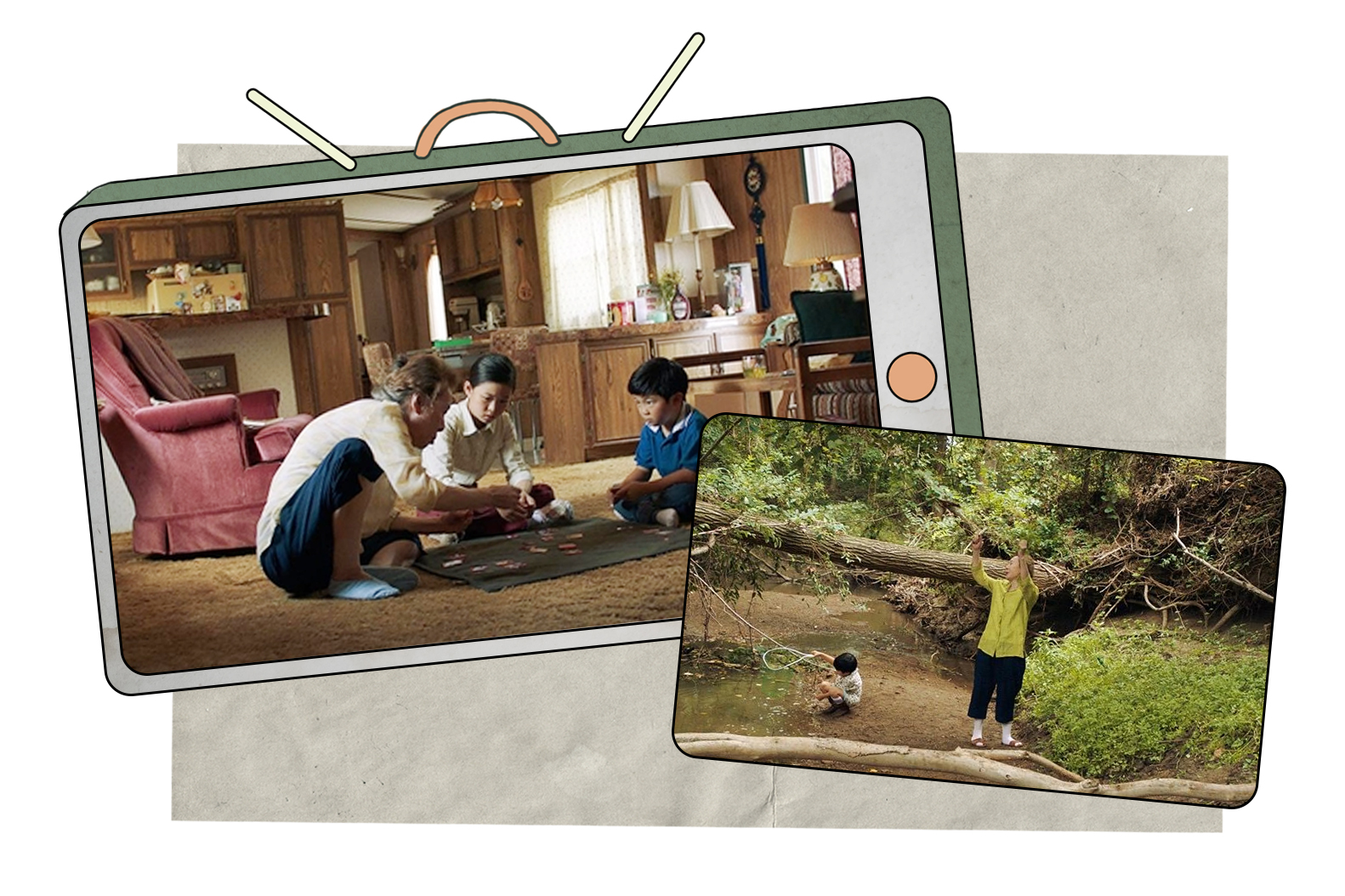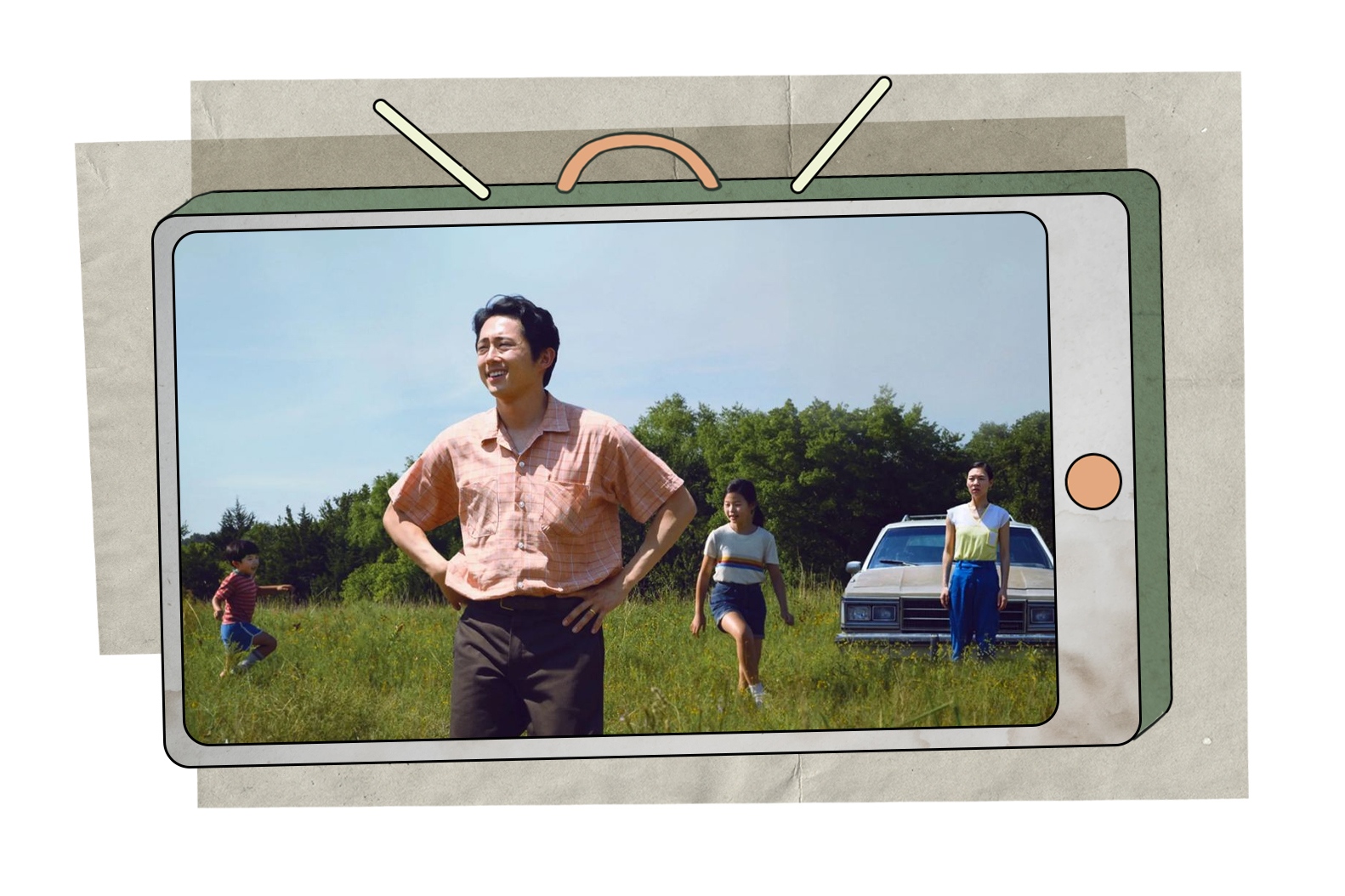WARNING: SPOILERS ABOUND
“Never pay for anything you can find for free.”
I chuckled at that line when Jacob (played by Steven Yeun) tells that to his son David in one of the early scenes in Minari, Lee Isaac Chung’s semi-autobiographical film that has recently added 6 Oscar nominations to its growing list of accolades.
What a typical Asian father thing to say, I thought.
Set in the 1980s, Minari tells the story of a young Korean couple, Jacob and Monica Yi, immigrants from South Korea who move with their two kids from California to rural Arkansas in search of a better life.
In the opening sequence, Jacob triumphantly declares that the fifty-acre plot of farming land he purchased will be the family’s very own “garden of Eden”. Monica’s displeasure at her husband’s decision is visible.
Jacob reminds me a lot of my own father growing up. He doesn’t want to pay for things that he thinks can be done on his own. He becomes prickly when things don’t go smoothly. Once he is fixated on achieving something, he doesn’t let it go.

Many of the problems faced by Jacob’s family are centred around water, or the lack thereof. He stubbornly refuses to pay for a professional to dig up a water well, but instead chooses to do it on his own.
But from my own experience with a stubborn father, I could tell what was coming. The well that Jacob constructed on his own eventually dries up, and the budding crops wilt.
Yet, instead of finally calling in a professional, Jacob decides to channel the water supply meant for their house to the farm, forcing his family to live without water.
WHAT KIND OF GARDEN ARE YOU BUILDING?
There’s something about Jacob’s insistence to do things his own way that reminded me about my own experience with my parents.
More often than not, we tend to the garden of our soul by chasing after accolades, wealth, success. We easily pride ourselves in sustaining our gardens on our own without any help, oblivious to the fact that our gardens are being dried up from a diminishing water source.
The fruits we bear are little – or none.
We see Jacob beating his body to submission in exchange for his own Eden at the cost of his relationship with his family. And just like my parents, Jacob and Monica’s relationship quickly falls apart.
Work is now fiercely entangled with his self-worth, identity and dignity. Jacob’s dream has become a personal quest and battle to prove himself to his family.
Similarly, in the book of Genesis, Adam’s self-worth became conflated with his work after the Fall. God’s judgement to Adam in which the ground became cursed and that Adam must eat by the “sweat of his brow,” meant that work was no longer the outflow of identity, but in competition with it.
If your soul was a garden, how is it doing now?
DON’T BE AFRAID OF “USELESS”
The film offers a counter-portrait in the form of Monica’s mother, Grandma Soon Ja (played by Youn Yuh-jung). She moves from Korea to live with them as an alternative to hiring a babysitter.
Grandma is the complete opposite of Jacob. She challenges the belief that one’s self-worth must be tied to usefulness or productivity. She is the antithesis of a typical grandmother as her grandchildren points out.
She suggests to Jacob to plant the minari seeds that she’d brought over from Korea in the creek nearby, but he gives no thought about it and writes her off.
In Jacob’s world, those seeds were useless – and in his own words earlier, useless things should be discarded.

Grandma plants the seeds anyway, stating that it grows anywhere just like weeds. She brings David to the creek to look at the growing minari.
“The wind is blowing, the minari are bowing as if they’re saying thank you,” she says.
In a twist of events, the humble minari she planted proves to be the only crop to thrive and even becomes the family’s source of providence and sustenance.
The “useless” thing that was rejected from Jacob’s garden ended up being the most resilient and important, and its value was found in the simple fact that it existed and survived under its submission to the forces of nature and its contentment with whatever it was given – in this case, wet soil only.
So back to the garden of our soul. Perhaps what you deem unnecessary or useless to keep you going is precisely what you need.
And it may not be found in the fanfare and the eventful things, but instead in the stillness and silence.

At the core of it, Minari is everyone’s story.
The longing for a home to sink roots in. The wrestle between being self-sufficient and one’s dignity. The battle between self-worth and success. The search for a community to belong to. And the journey of discovering what makes or breaks a family.
I’ll just say it upfront: there is no clear happy ending in Minari and viewers are left to wonder what’s next for the family.
But that was what spoke into my heart. Minari‘s ending is reminiscent of my own faith journey which is more often than not full of unanswered questions and more like a mess being untangled.
As Minari‘s characters navigate through hardships and stumble their way through life, they find hope through the least expected things and people – even failure.
Because while failure is painful, it can also be redeeming. In our failure, we find ourselves completely stripped of all the titles and accolades we dress ourselves up with. In our failure, we stand fully exposed, just like Adam and Eve in the garden of Eden when God found them.
But it is also in that failure where God can do His redeeming work in us – if only we let Him in.
- Did you like Minari? Could you relate to any scenes or aspects of the film?
- What does the garden of your soul look like?
- How might you need to tend your soul? What might you need to weed out?
- What are some “useless” things in your life? How might God use them for His glory?









